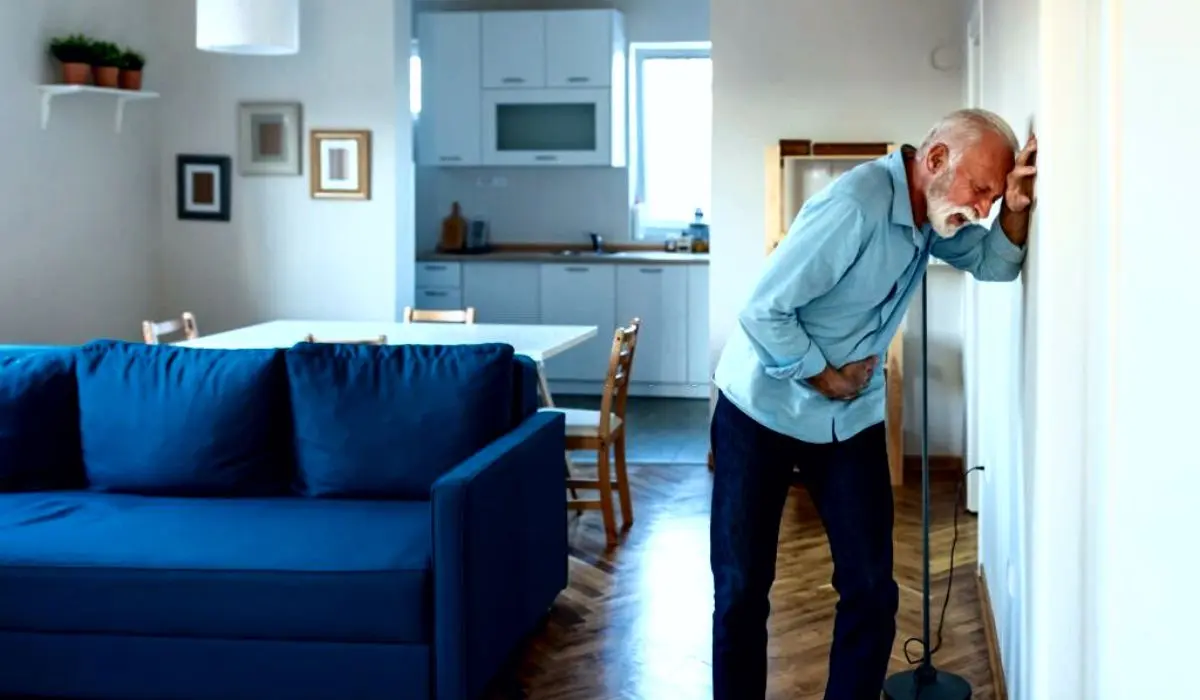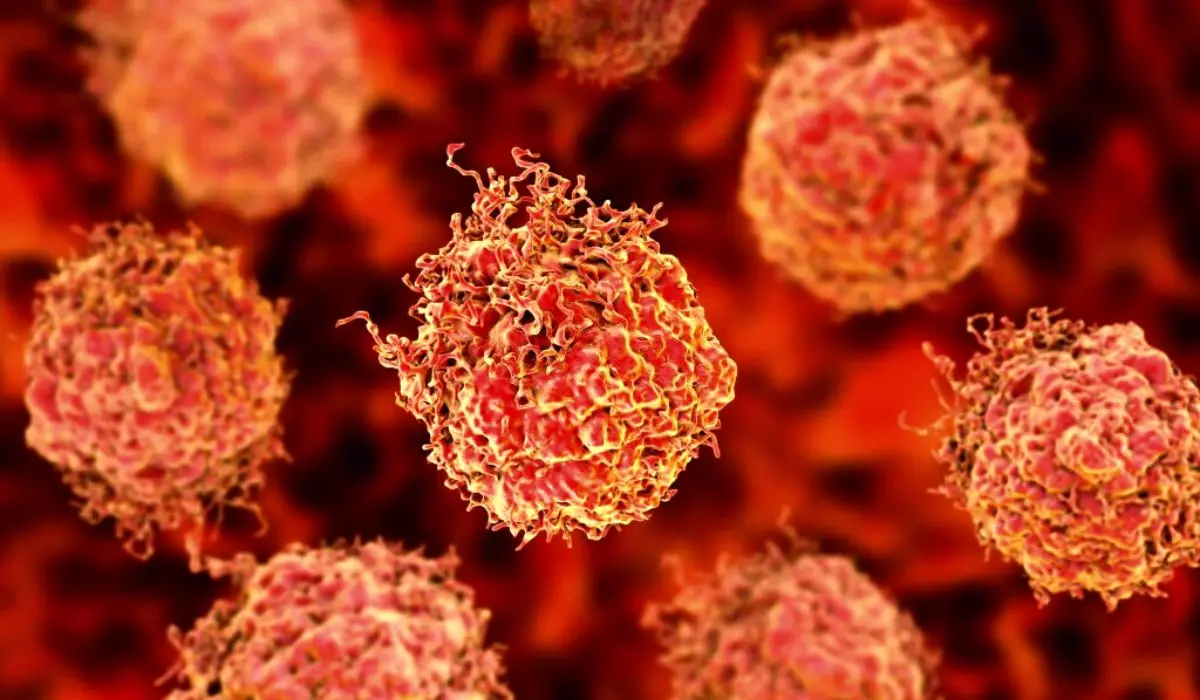Prostate cancer is a worry for many men, especially as they age. Detecting and treating it early is essential for success. Knowing the symptoms of stage 1 prostate cancer is important to take the right steps.
In the early stages, this cancer may not cause any symptoms. This makes it hard to detect without regular checks. If it progresses, some signs may appear.
One clue is changes in urination. Stage 1 prostate cancer can lead to needing to go often, especially at night. The tumor puts pressure on the urethra, blocking urine from passing properly.
Another symptom is weak urine flow or a hard time beginning or stopping. This is because the tumor blocks urine from flowing out of the bladder. Someone with this issue may feel pain when they pee.
Definition of Stage 1 Prostate Cancer
Stage 1 prostate cancer is present only in the prostate gland. It usually has no noticeable symptoms. But, it is important to get medical attention.
Many men are unaware they have stage 1 prostate cancer. It is important to understand that treatment is needed, despite a lack of symptoms.

Stage 1 prostate cancer can still have an effect on a person’s health and life. It is important to be aware of the risks of leaving it untreated.
Regular screenings for prostate cancer are recommended. They usually include blood tests and physical exams.
Also, exercising, eating right, and managing stress can help reduce the risk of developing more advanced stages of prostate cancer.
Overview of Common Stage 1 Prostate Cancer Symptoms
Prostate cancer symptoms in stage 1 may not be obvious, but it’s vital to be aware of them for early detection and treatment. Here are a few common signs:
- Changes in Urination: Stage 1 prostate cancer might involve issues with peeing. This can include peeing often, especially at night, pee being weak, or having trouble emptying the bladder.
- Erectile Dysfunction: Erectile dysfunction can be caused by a few things, and it can be a symptom of early-stage prostate cancer too. So, it’s essential to get checked out by a healthcare professional.
- Pain or Discomfort: Men with stage 1 prostate cancer may feel pain or discomfort in the pelvic area. It could be mild or more severe.
Remember, these symptoms could be due to other conditions too, so it’s best to see a doctor. Early detection of stage 1 prostate cancer can improve treatment. Here are some tips to consider:
- Eat Healthy: Eating fruits, veggies, grains, and lean proteins could lower the risk of prostate cancer. Antioxidants and vitamins also help support overall health.
- Stay in Shape: Being overweight could raise the chances of aggressive forms of prostate cancer. Controlling weight by exercising and eating well can help.
- Regular Screenings: Annual PSA screenings are recommended for men aged 50+, or those at higher risk. These tests can detect abnormalities early on.
These tips can help protect health and reduce the risk of aggressive prostate cancer. Proactive steps could lead to early detection and correct treatment if necessary. Always consult a healthcare professional for personalized advice and guidance.
How Stage 1 Prostate Cancer Symptoms Can Impact Individuals?
Stage 1 prostate cancer symptoms can have a big impact. People may have urinary issues, like peeing often or having trouble starting or stopping. These can affect daily life and quality of life.
Men with stage 1 prostate cancer might also notice blood in their urine or semen, and feel pain during ejaculation. This can cause anxiety, depression, and decreased sexual function.
In addition to physical and emotional impacts, stage 1 prostate cancer can also be costly. Diagnosis, treatments, and follow-up care can be expensive. This adds a lot of stress for patients and their families.
Importance Of Seeking Medical Evaluation And Diagnosis
It’s extremely important to get a medical evaluation and diagnosis if you have prostate cancer symptoms. If the cancer is detected early (stage 1), successful treatment and survival chances go up.
To do this, see a healthcare professional who can give you the necessary tests and assessments to confirm if you have prostate cancer or any other condition.
You should understand that stage 1 prostate cancer may not show any symptoms–so regular screenings are even more important. When it’s detected earlier, treatment is less invasive and the prognosis is better.
Getting a medical evaluation also gives you peace of mind–you’ll know there are no health problems or, if there are, you can get prompt intervention. Regular check-ups with a healthcare provider keep you in good health and ensure abnormalities are dealt with immediately.
Here are some ways to get individuals to seek medical evaluation and diagnosis for prostate cancer symptoms:
- Awareness campaigns that educate people about the importance of early detection can motivate them to take better care of their health.
- Affordable screening programs make it easier for people to get evaluated for prostate cancer.
- Effective doctor-patient communication helps patients feel comfortable discussing their health issues so diagnosis and treatment can happen quickly.
In conclusion, timely medical evaluation and diagnosis for stage 1 prostate cancer symptoms is essential. Through awareness, affordable screening, and effective communication, we can encourage early detection and improve the chances of successful treatment for this common disease.
Conclusion
Prostate cancer in its early stages can be symptom-free. It’s vital to get regular check-ups though, ’cause early detection can up treatment success rates. Seek healthcare advice for personalized screenings.
Signs to watch out for:
- Frequent urination
- Weak urine flow
- Difficulty starting/stopping the stream
- Blood in urine or semen – these need immediate medical attention
It’s not just physical symptoms; diagnosis can cause emotional distress too. Anxiety, stress, uncertainty… Support systems can help individuals and their loved ones cope.

